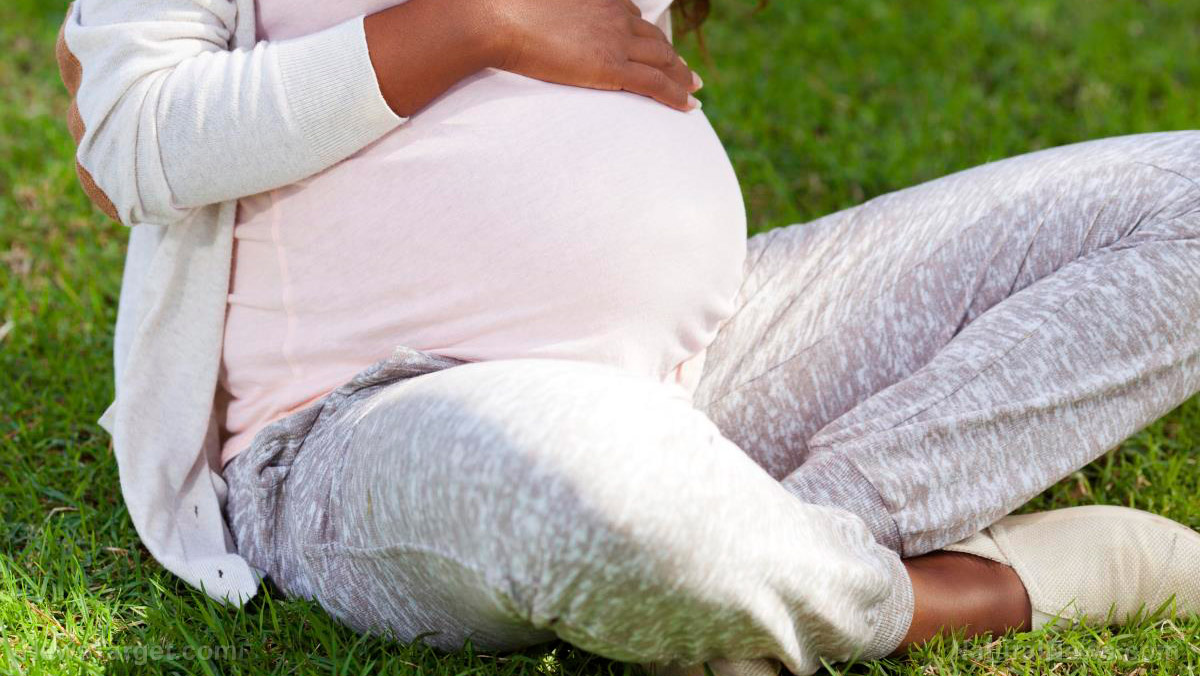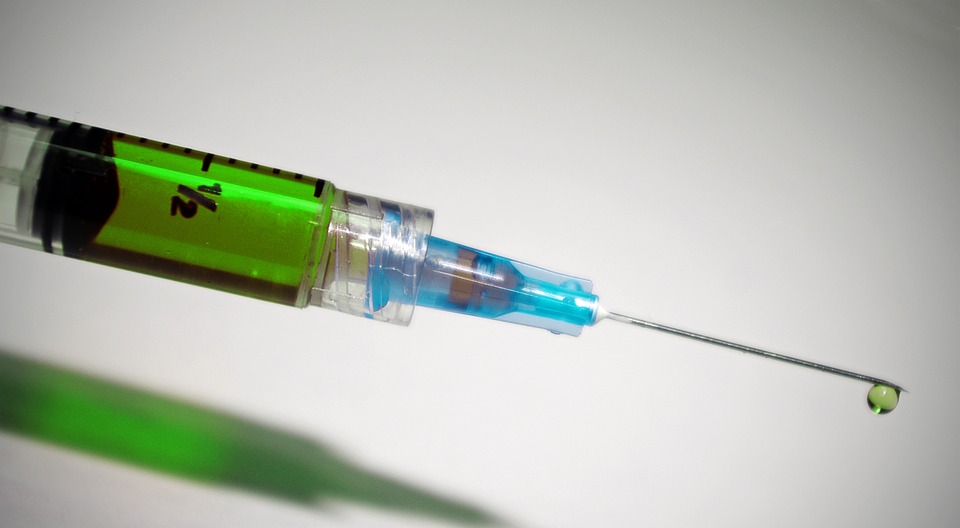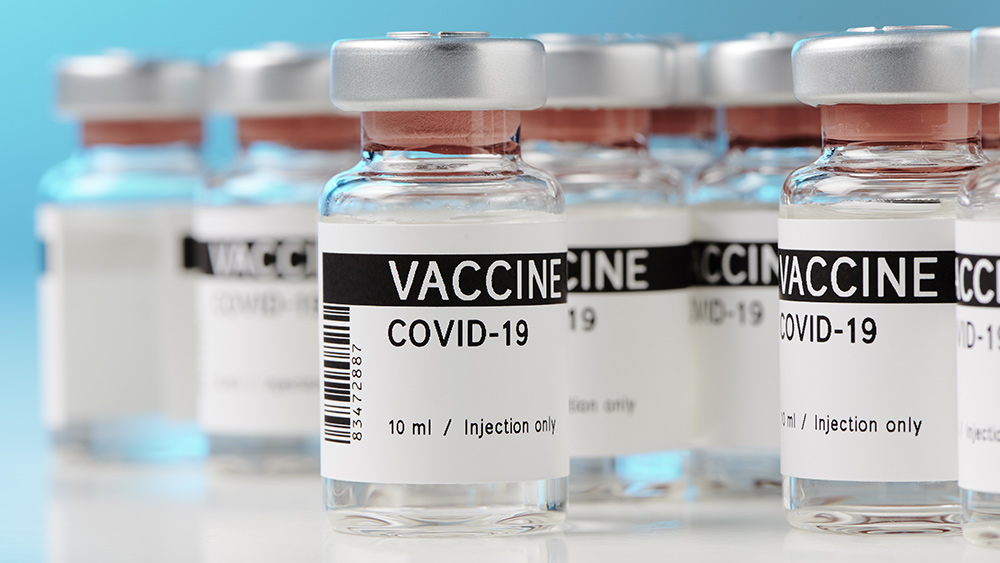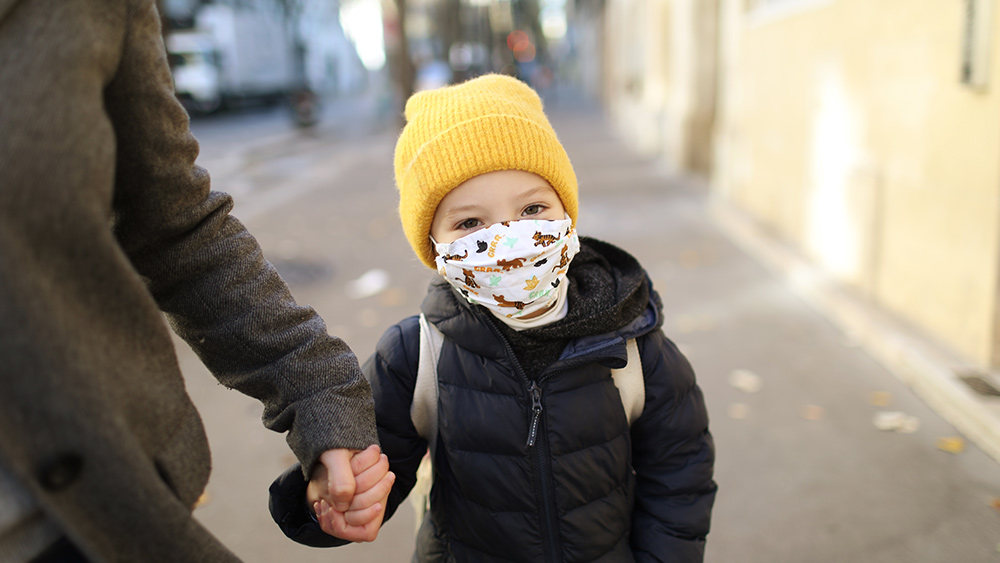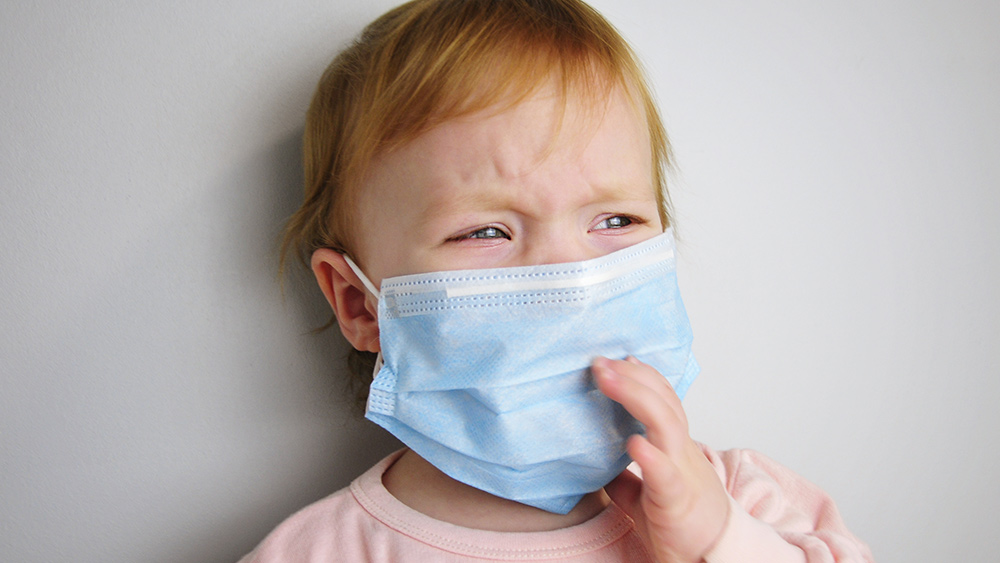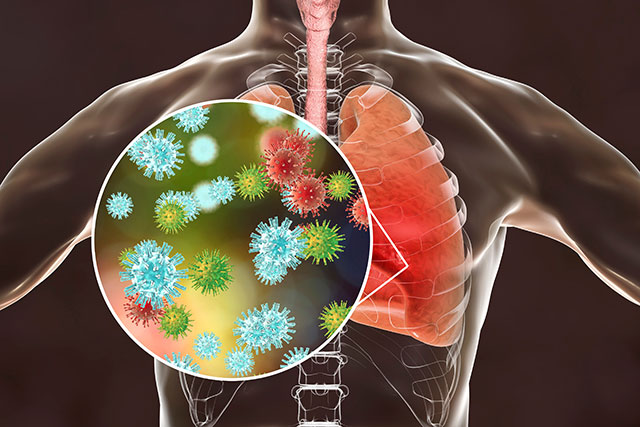Study: More than 5 million children lost a parent due to COVID, a bioweapon funded and built by governments
02/28/2022 / By Mary Villareal
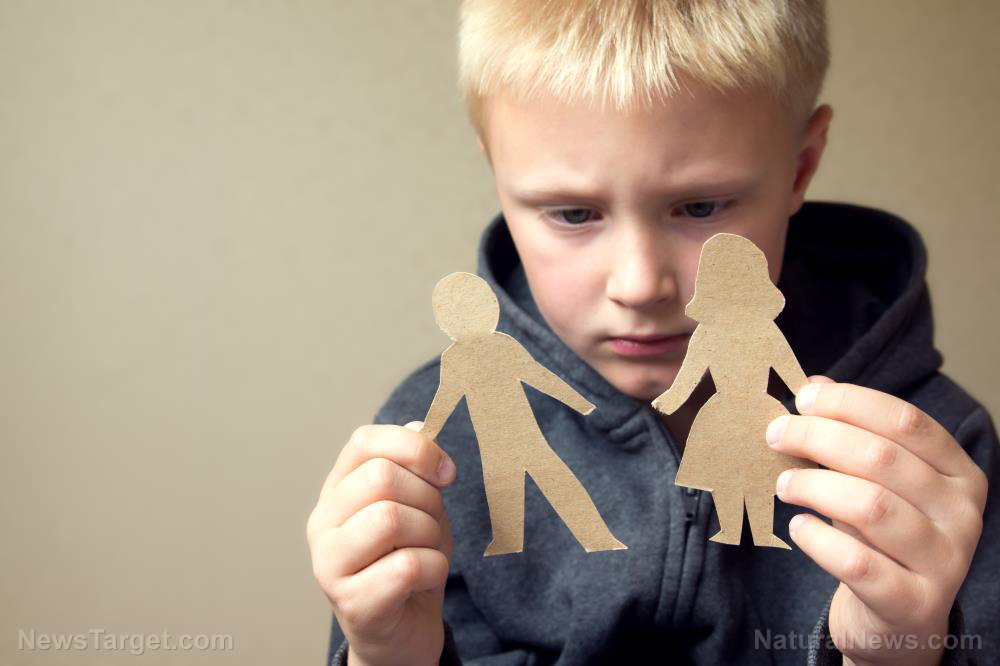
A team at Imperial College London looked at the Wuhan coronavirus (COVID-19) data from 21 countries and found that more than five million children have lost a parent or a caregiver due to the disease.
Around 5.2 million children under 18 suffered the death of a parent or grandparent to the virus by October 2021, with fathers accounting for three-quarters of the deaths. Two-thirds of bereaved children were between the ages of 10 and 17, while one in seven were under the age of four.
At least 10,000 children in England and Wales lost a parent or a primary caregiver during the pandemic, and another in 140,000 in the U.S., as per 2021 estimates. Further, the team counted excess deaths – or the number of deaths above than what is normally expected before the pandemic – to account for the fatalities not picked up by testing.
The number of young people who have suffered caregiver deaths was based on the United Nations household composition data, where they used mathematical modeling to extrapolate their findings for global estimates. (Related: America has been hypnotized by fear of COVID-19, creating a society gripped by mass formation psychosis.)
An estimated 3.3 million children got orphaned in the first 20 months of the pandemic, and another 1.8 million lost a grandparent or an adult caregiver in their home. Researchers also calculated the ages of the children affected by the parent or caregiver loss based on annual birth data.
The number of children affected by parent and caregiver loss also varied from 2,400 in Germany to over 1.9 million in India. However, the rate of children who lost a parent was highest in Peru, where eight in one thousand were affected, followed by South Africa, with seven in one thousand affected.
The authors noted that their findings are based on modeling, so it doesn’t measure the actual number of children affected. They stressed that future pandemic responses should include monitoring systems to determine how many children have lost parents to better track their needs and provide support.
Dr. Juliette Unwin, the lead author of the study, believes that the team’s modeling is still likely an underestimate: The World Health Organization estimated COVID deaths in Africa to be 10 times higher than the reported levels, which leads to the study’s estimates to be “drastically underestimated.”
Neglect is awful for the brain
“Neglect is awful for the brain,” said Charles Nelson, a professor of pediatrics at Harvard Medical School. He said the wiring of the brain goes awry when there is nobody who is a reliable source of attention, affection and simulation. The result can also lead to long-term mental and emotional problems. (Related: Study finds that “teen depression” increases risk of violence … so they should all be treated with more drugs that cause violence instead?)
Most of what scientists know about parental bonding and the brain comes from studies of children in Romanian orphanages in the 1980s and 1990s when there were over 100,000 children in government institutions. It was clear that many of them had stunted growth and a range of mental and emotional problems. Odd behaviors, delayed language and a range of other symptoms also suggested problems with brain development.
As the children grew older, the researchers studied the anatomy of their brains and found that there was a reduction of gray matter. In other words, according to Nelson, their brains were actually physically smaller. It was not from anything simple such as malnutrition, either. It was the kind of deprivation similar to a lack of a parent, or someone who acted like one.
In the current COVID situation, the researchers said the children who lose a caregiver at a young age are more likely to experience poverty, exploitation and mental health problems, with some more at risk of falling into gangs and violent extremism.
Unwin added that real-time updated data also suggested the true totals reach over 6.7 million children as of January 2022. “While our current study looked at estimates through October 2021, the pandemic is still raging worldwide, which means COVID-related orphanhood will also continue to surge,” she said.
Dr. Susan Hillis, lead author and adviser to the Centers for Disease Control and Prevention, said the findings show one child orphaned or with one less caregiver with every reported COVID death. “That is the equivalent of one child every six seconds facing a heightened risk of lifelong adversity unless given appropriate support in time.”
More related stories:
Let’s demand a recount… of COVID deaths.
STUDY: Areas with mask mandates seeing highest number of covid deaths.
Ethical issues raised as Pfizer conducts COVID-19 vaccine trials on orphans.
FDA declares biological war on children with “final sacrifice” of the innocent.
YOU are the business model: Moderna says never-ending “booster” shots needed to eliminate covid.
Watch the video below to learn about the CDC’s subtle manipulation of the COVID death numbers.
This video is from The Big Logic channel on Brighteon.com.
Follow Pandemic.news for more updates related to the coronavirus pandemic.
Sources include:
Submit a correction >>
Tagged Under:
brain damage, brain function, children's health, COVID deaths, covid-19, discoveries, infections, mental health, mind body science, outbreak, pandemic, psychology, research
This article may contain statements that reflect the opinion of the author
RECENT NEWS & ARTICLES
BrainDamaged.News is a fact-based public education website published by Brain Damaged News Features, LLC.
All content copyright © 2018 by Brain Damaged News Features, LLC.
Contact Us with Tips or Corrections
All trademarks, registered trademarks and servicemarks mentioned on this site are the property of their respective owners.








